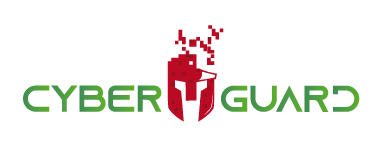
09 Aug Protect Yourself and Your Devices
Protect Yourself and Your Devices: Protecting Personal Information
In this blog post, we’re going to talk about some of the most effective ways in which you can protect yourself and your devices. This is a very important topic because there are many people who have had their personal information compromised in recent years due to computer hackers. One way that you can protect yourself is by downloading updates from the manufacturer or operating system provider for software such as your internet browser. You should also install antivirus software, antispyware software, and firewalls on all of your devices so that they are protected from potential attacks.
It’s hard to imagine life without the internet, and nowadays it is nearly impossible. We use devices that are connected to the internet in all aspects of our lives: we go online for research, shopping, banking, doing homework, playing games, and staying in touch with family and friends through social networking. As a result of this constant connection to the web-based world, these devices contain a wealth of personal information about us – from banking records to medical information. If your devices aren’t protected, identity thieves or fraudsters could get access and steal your personal information, like credit card numbers and passwords; they could even take over your account.
Antivirus Software
The best protection is a layered defense, which includes: antivirus software to protect your computer from viruses; antispyware to guard personal data and block intrusions, like key loggers or spyware that capture passwords and credit card numbers when you visit certain sites online; anti-malware tools such as rootkits. Antivirus software protects your device from viruses that can destroy your data, slow down or crash your device, or allow spammers to send email through your account. Antivirus protection scans your files and your incoming email for viruses, and then deletes anything malicious. You must keep your antivirus software updated to cope with the latest “bugs” circulating the internet. Most antivirus software includes a feature to download updates automatically when you are online. In addition, make sure that the software is continually running and checking your system for viruses.
Choose strong passwords
- It’s important to protect your devices and accounts from intruders, so you should use strong passwords with at least eight characters that are hard to guess.
- Don’t use a word that can easily be found in a dictionary or any reference to personal information, such as a birthday. Some hackers use programs that can try every word in the dictionary and can easily find personal information such as dates of birth.
- Try using a phrase to help you remember your password, using the first letter of each word in the phrase.
Cyber Guard provides effective solutions to protect your devices. Contact them for more information!
